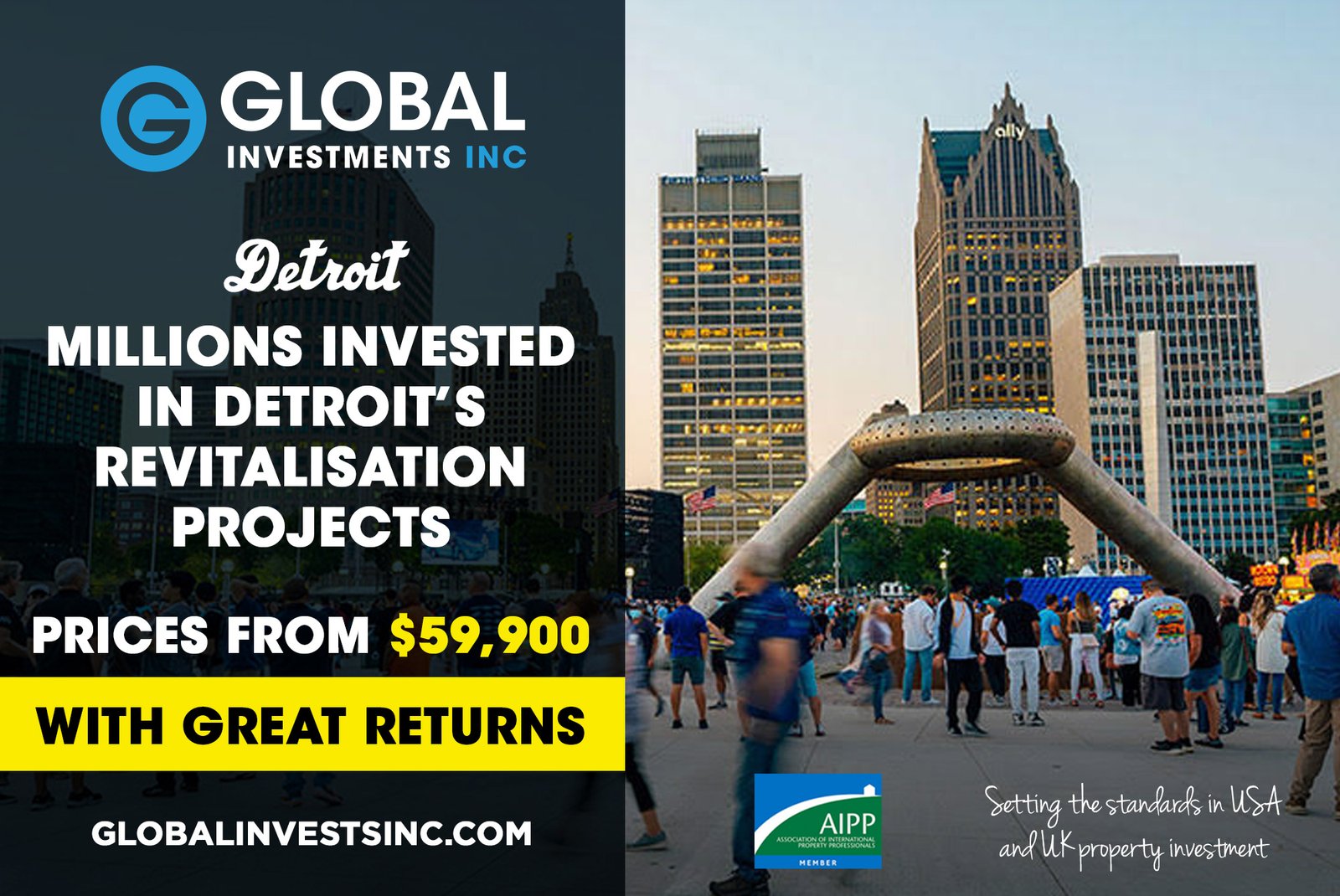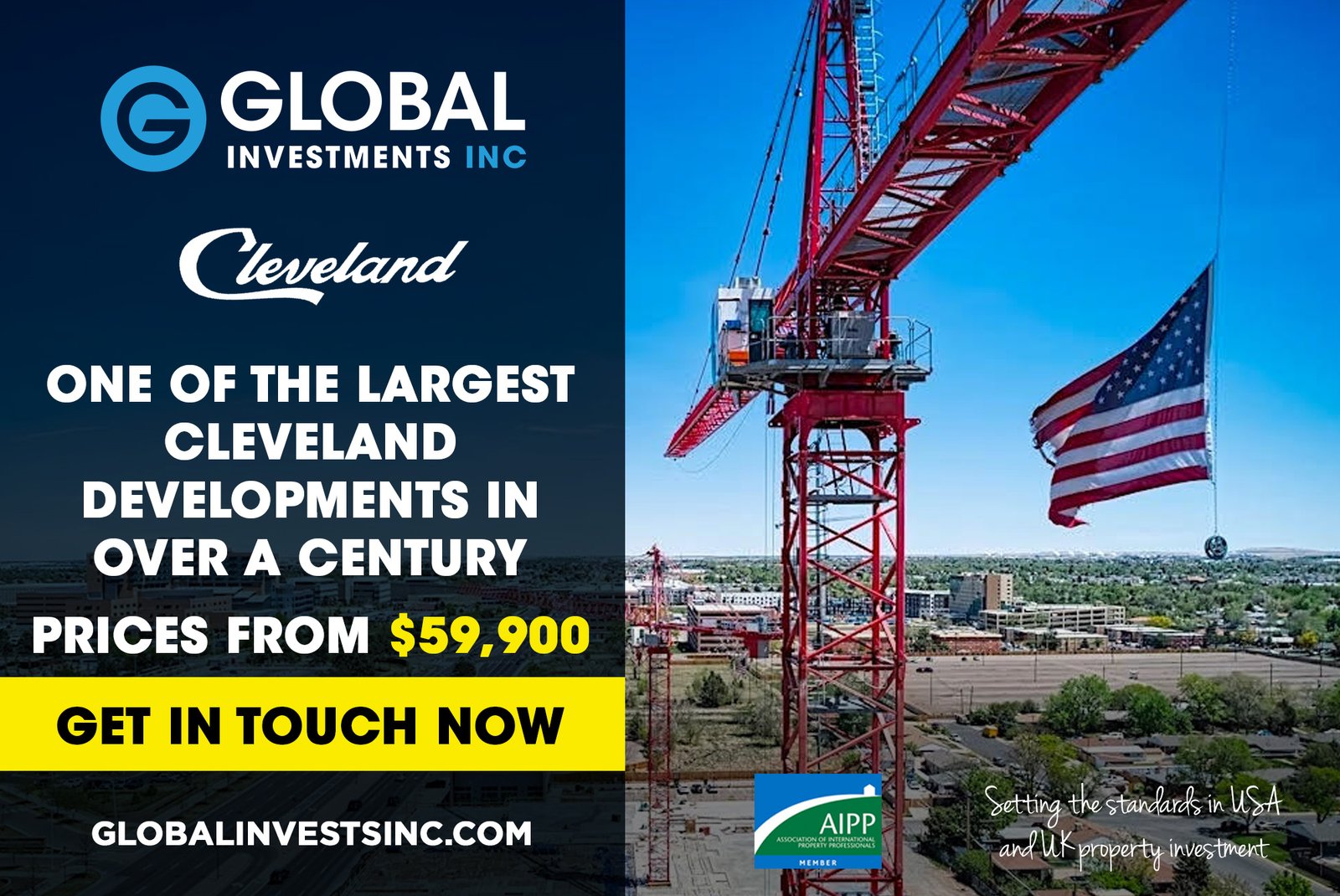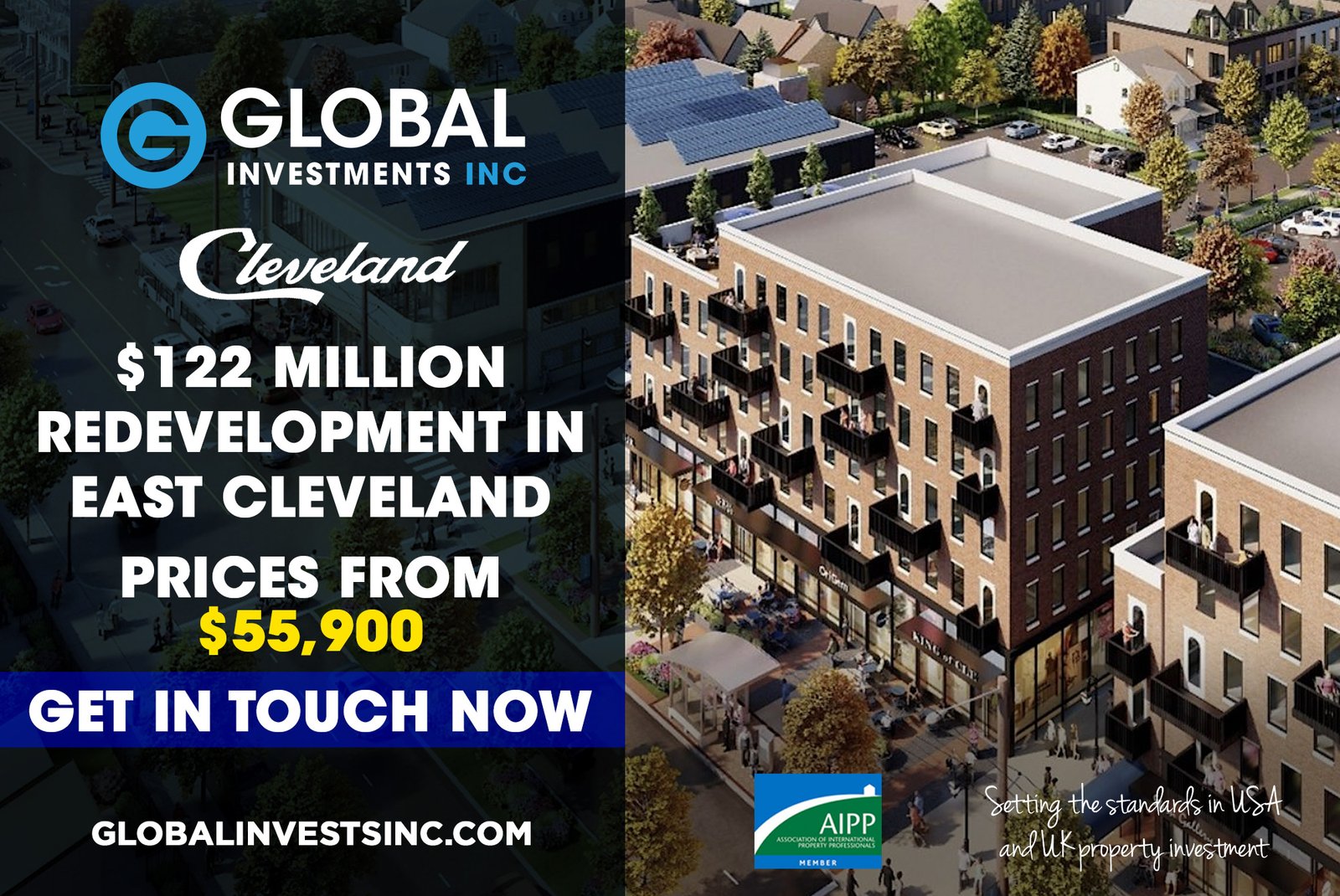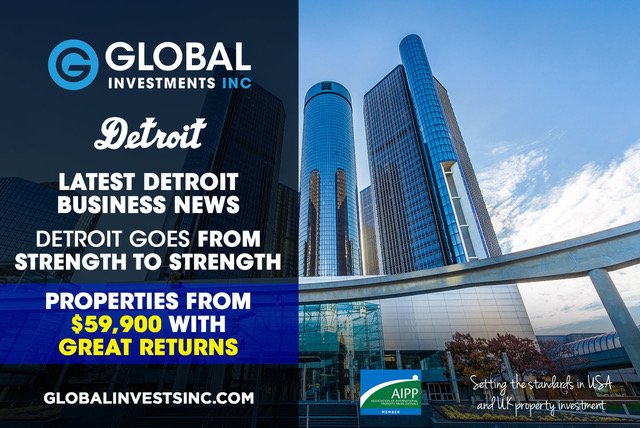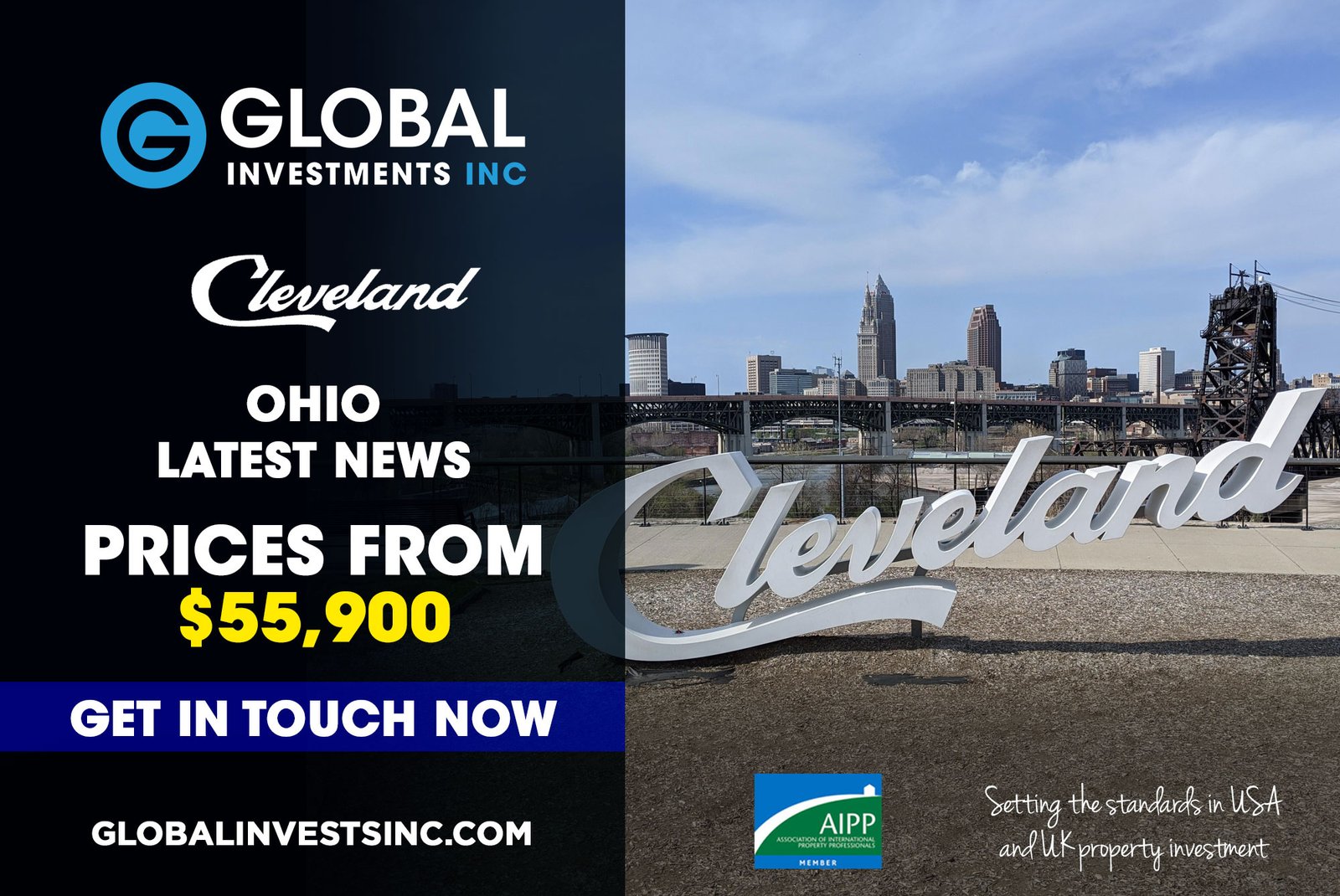
Bloomberg’s Sustainable Cities Program Selects Cleveland as Beacon of Urban Sustainability
Cleveland, Ohio, joins a select group of 25 cities in the prestigious Bloomberg American Sustainable Cities program, marking a significant step towards fostering climate-friendly and equitable development. This initiative, backed by Bloomberg Philanthropies with a substantial $200 million investment over three years, aims to empower cities like Cleveland to leverage expertise and federal funding in pursuit of transformative urban solutions. The announcement, made by Cleveland Mayor Justin Bibb, heralds a new era of sustainability and resilience for the city. With Akron, Columbus, Cincinnati, Dayton, and Pittsburgh also among the chosen cities, this initiative represents a collective effort to address pressing environmental challenges while promoting inclusive growth. Central to the program’s objectives is the provision of dedicated staff members, funded by Bloomberg, to bolster Cleveland’s capacity in driving progress on climate mitigation and equitable outcomes. These skilled professionals bring expertise in data analysis, project management, and human-centered design, among other fields, equipping the city with the tools necessary to implement impactful initiatives. At the heart of the program lies the goal of helping Cleveland access historic levels of federal funding, made available through initiatives such as the Bipartisan Infrastructure Act and the Inflation Reduction Act. By leveraging these resources effectively, Cleveland aims to mobilize public, private, and philanthropic investments, catalyzing the implementation of high-impact urban climate solutions. Mayor Bibb emphasized the importance of addressing historical disinvestment in minority communities, which has left residents vulnerable to environmental hazards. By deploying climate solutions at the neighborhood level, particularly in communities like the Southeast Side, Cleveland seeks to reduce disparities and improve the health, wealth, and safety of all residents. With over $400 billion in federal funding available to local governments, the Bloomberg American Sustainable Cities program presents a unique opportunity for Cleveland to access critical resources for community development. By collaborating with partners such as PolicyLink, Bloomberg Center for Public Innovation at Johns Hopkins University, and the Natural Resources Defense Council, Cleveland aims to incubate and implement transformative solutions in the buildings and transportation sectors. The selection of Cleveland for this initiative underscores the city’s leadership and ambition in building resilient, equitable communities. Despite historical challenges, Cleveland remains steadfast in its commitment to advancing community prosperity amid the climate crisis. Through initiatives like the Bloomberg American Sustainable Cities program, Cleveland is poised to emerge as a beacon of sustainability, setting an example for cities nationwide. As the city embarks on this transformative journey, it stands ready to leverage the power of collaboration, innovation, and community engagement to create a more sustainable and equitable future for all Clevelanders. If you would like more information on our Cleveland properties please email invest@globalinvestmentsincorporated.com

